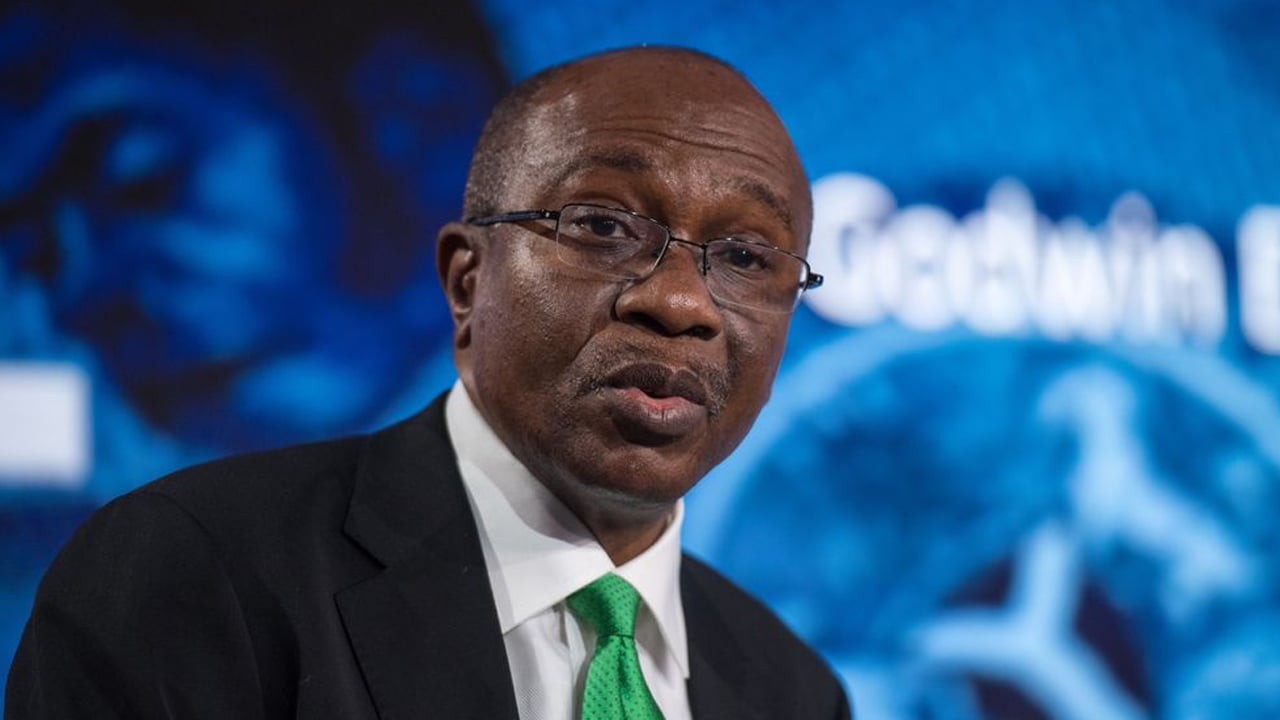
The Central Bank of Nigeria (CBN) governor, Godwin Emefiele, has claimed that a majority of cryptocurrency transactions are embedded in illegality. He also asserts that there is no room for cryptocurrency in the Nigerian banking space.
Pushback Against Endsars Protest Claims
In his latest anti-cryptocurrency salvo that was published by the Punch, Emefiele however appeared to push back against the claims the CBN had abruptly decided to exclude cryptocurrency entities from the banking system as punishment for the industry’s perceived support of the Endsars protests.
When the CBN froze the bank accounts of individuals that were involved in organizing the Endsars protests in late 2020, the protest leaders began to ask for donations via bitcoin. As reported by Bitcoin.com News, this switch to bitcoin donations ultimately enabled organizers to continue funding protest activities.
Therefore, when the CBN suddenly announced the exclusion of cryptocurrency entities from the banking ecosystem, some observers in Nigeria speculated this decision had been made because the central bank had failed to stop the flow of funds to organizers of the Endsars protest.
Emefiele’s Viewpoint
However, in his response to these claims, Emefiele is quoted in the report explaining why the CBN is generally against cryptocurrency transactions.
“Like you said, the Endsars issue came up in October 2020 and we came up with the issue of saying that we would not make our banking and payment system space available to those who were involved in cryptocurrency business because we feel that a substantial portion of the transactions going on there are illegal,” he explained.
Emefiele then suggested that the CBN, just like many of its counterparts around, does not support cryptocurrency transactions because they are encrypted and cannot be decrypted by any central bank. He said:
Look at it this way: what is there to hide? Why are the transactions so hidden? Why are they encrypted? If I conduct a transaction and a regulator or security authority wants to see the nature of the transaction, those (transactions) can’t be encrypted for people to know what happened. It means that cryptocurrency is a product that is embedded in a high level of illegality.
In fact, according to Emefiele, donations to the Endsars movement had nothing to do with the CBN’s February 5, 2021 directive. Rather, this directive is consistent with the stance that has been taken by many central banks around the world, Emefiele explained.
Do you agree with Emefiele’s remarks about cryptocurrencies? Tell us what you think in the comments section below.
via Terence Zimwara

0 comments:
Post a Comment